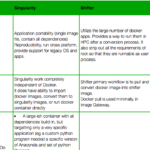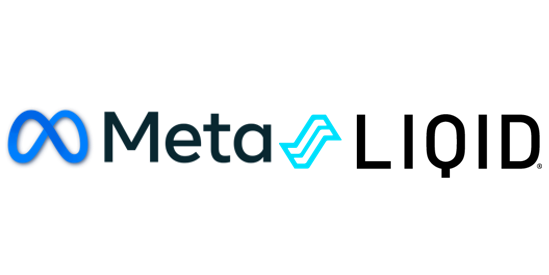Michael Bauer from Sylabs gave this talk at FOSDEM’17. “This presentation will provide an in-depth look at how Singularity is able to securely run user containers on HPC systems. After a brief introduction to Singularity and its relationship to other container solutions, the details of Singularity’s runtime will be explored. The way that Singularity leverages Linux features such as namespaces, bind mounts, and SUID binaries will be discussed in further detail as well.”
Singularity: The Inner Workings of Securely Running User Containers on HPC Systems
Kubernetes Meets HPC
“While the notion of packaging a workload into a Docker container, publishing it to a registry, and submitting a YAML description of the workload is second nature to users of Kubernetes, this is foreign to most HPC users. An analyst running models in R, MATLAB or Stata simply wants to submit their simulation quickly, monitor their execution, and get a result as quickly as possible.”
Agenda Posted for Next Week’s HPC Advisory Council Stanford Conference
“Over two days we’ll delve into a wide range of interests and best practices – in applications, tools and techniques and share new insights on the trends, technologies and collaborative partnerships that foster this robust ecosystem. Designed to be highly interactive, the open forum will feature industry notables in keynotes, technical sessions, workshops and tutorials. These highly regarded subject matter experts (SME’s) will share their works and wisdom covering everything from established HPC disciplines to emerging usage models from old-school architectures and breakthrough applications to pioneering research and provocative results. Plus a healthy smattering of conversation and controversy on endeavors in Exascale, Big Data, Artificial Intelligence, Machine Learning and much much more!”
New Site Compares Docker, Singularity, Shifter, and Univa Grid Engine Container Edition
A new site developed by Tin H compares the HPC virtualization capabilities of Docker, Singularity, Shifter, and Univa Grid Engine Container Edition. “They bring the benefits of container to the HPC world and some provide very similar features. The subtleties are in their implementation approach. MPI maybe the place with the biggest difference.”
Streamlining HPC Workloads with Containers
“While we often talk about the density advantages of containers, it’s the opposite approach that we use in the High Performance Computing world! Here, we use exactly 1 system container per node, giving it unlimited access to all of the host’s CPU, Memory, Disk, IO, and Network. And yet we can still leverage the management characteristics of containers — security, snapshots, live migration, and instant deployment to recycle each node in between jobs. In this talk, we’ll examine a reference architecture and some best practices around containers in HPC environments.”
Putting HPC into the Hands of Every Engineer and Scientist
In this special guest feature from Scientific Computing World, Wolfgang Gentzsch explains the role of HPC container technology in providing ubiquitous access to HPC. “The advent of lightweight pervasive, packageable, portable, scalable, interactive, easy to access and use HPC application containers based on Docker technology running seamlessly on workstations, servers, and clouds, is bringing us ever closer to the democratization of HPC.”









